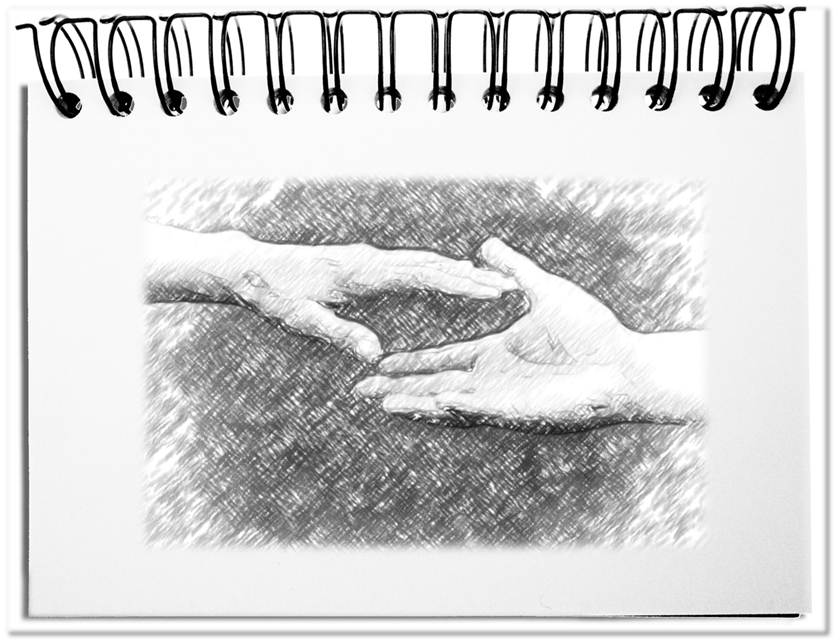It is an interesting idea that the computer opens up the door to new ways of economy. Marginal costs dissolve, resources are better used by sharing and a new scope can be covered. However the question comes up, where does the products and services come from that are shared without stipulations and costs. Is there anything at all to share without money?
Good examples provide the new offers in the Internet, like Airbnb, Ouishare, and Uber. In these cases third parties are empowered to deliver services based on software that connects customers with providers via PC, smartphones or other devices. Let’s look at Uber. What needs this business?
- A medium
The Alpha and Omega of this business model is the access to the web page of Uber. Most people connect to the Internet no matter where they are. With this pervasive connectivity, everybody can log in from everywhere and make a contract. - Operating material
The most important operational fund is the vehicle that is used to transport the clients. This vehicle is not an operational fund from Uber. It belongs to the driver, who also bears all cost – purchase, service, tires, insurances etc. The condition of the vehicle is not checked commercially, as in the case of a taxi company. The normal MOT examinations concentrate only on the fundamental roadworthiness of the vehicle, not on its commercial use. - Personnel
The drivers are not employed by Uber, but private drivers, who are not subject to any regulations. Work time and skills only have to be compliant with general requirements. They do not receive any other incentives, like salaried employees – e.g. holidays, pension plan. Nobody checks, to what extent the drivers are able to fulfill their services. - Guidelines
Since they are no official taxi companies, rules that traditional taxi businesses have to fulfill are omitted – standard taxi meters or prescribed safety installations, like a radio equipment or a special alarm system for the driver. - Insurances
The drivers actually do not furnish services, but offer lifts on a private base, most of them will operate without commercial insurances. Due to the today’s insurance tariffs, it is even possible that the existing insurance even do not cover the passengers at all. Not to mention any kind of insurances for the drivers or passengers in case of sickness or accident.
The advantages of this approach for all are obvious.
- Uber gets paid for brokering via the Internet. And that is where the business and the responsibility for Uber ends.
- The drivers benefit from a business model that they operate without the appropriate training and without the obligation of following professional rules.
- For the passengers it is cheaper and easy to use.
So far the whole seems to work.
If you compare the costs of the commercial providers wit the Uber drivers, you might wonder, where these costs are hidden in this new business model.
Where are the operative costs allocated? The Uber member pays all the costs plus the part that has to be paid to Uber. The costs of Uber are only the operation of the website and the marketing.
How to pay the tax for giving somebody a ride privately? Even if they drive on a cost-covering base, a cash flow between customer and driver happens that is taxable. How can the revenue be proven at all without taxi meters?
Who pays one for the increased probability of accidents of these „professional “Uber driver? Eventually the community of the insured people pays the costs of damages that result from their increased mileages.
And who pays for the personnel damage that results in the context of carriage? It starts with injuries that result from defective vehicles (e.g. sharp edges). It ends after an accident, in which passengers are heavily injured, permanently damaged, or in case of death, leave a family behind that has to be supported. As always the costs are distributed on the shoulders of the social community.
Eventually the Uber case is a good example of this new sharing economy, where business models target to privatize profits and to socialize costs.
Bottom line: Business models that offer services outside of the established commercial rules are introduced through the back door. At the same time, they exploit the social systems, by not making their contributions – e.g. insurances, taxes, employee services. These businesses are possible due to a special sharing rhetoric that monetarizes the bartering of the past – because the providers always receive their commission in the respective currency. After all there is nothing to share without money.


